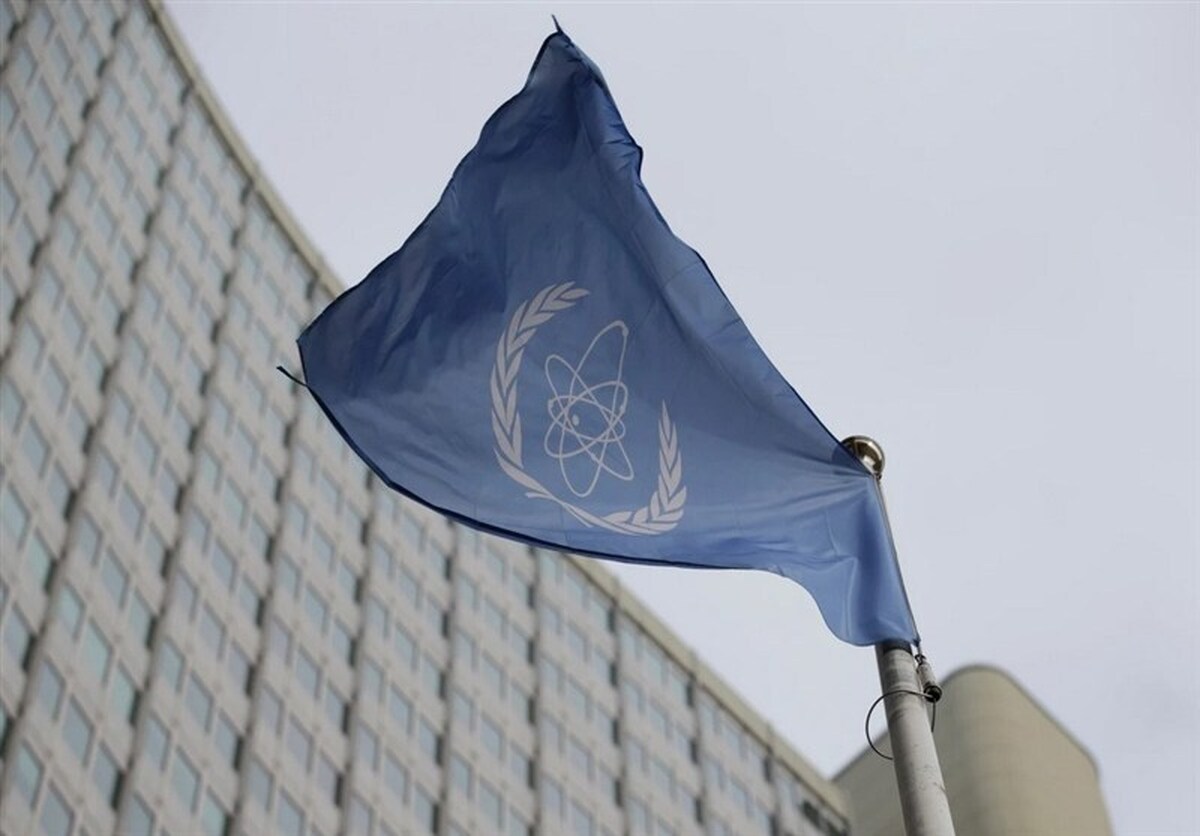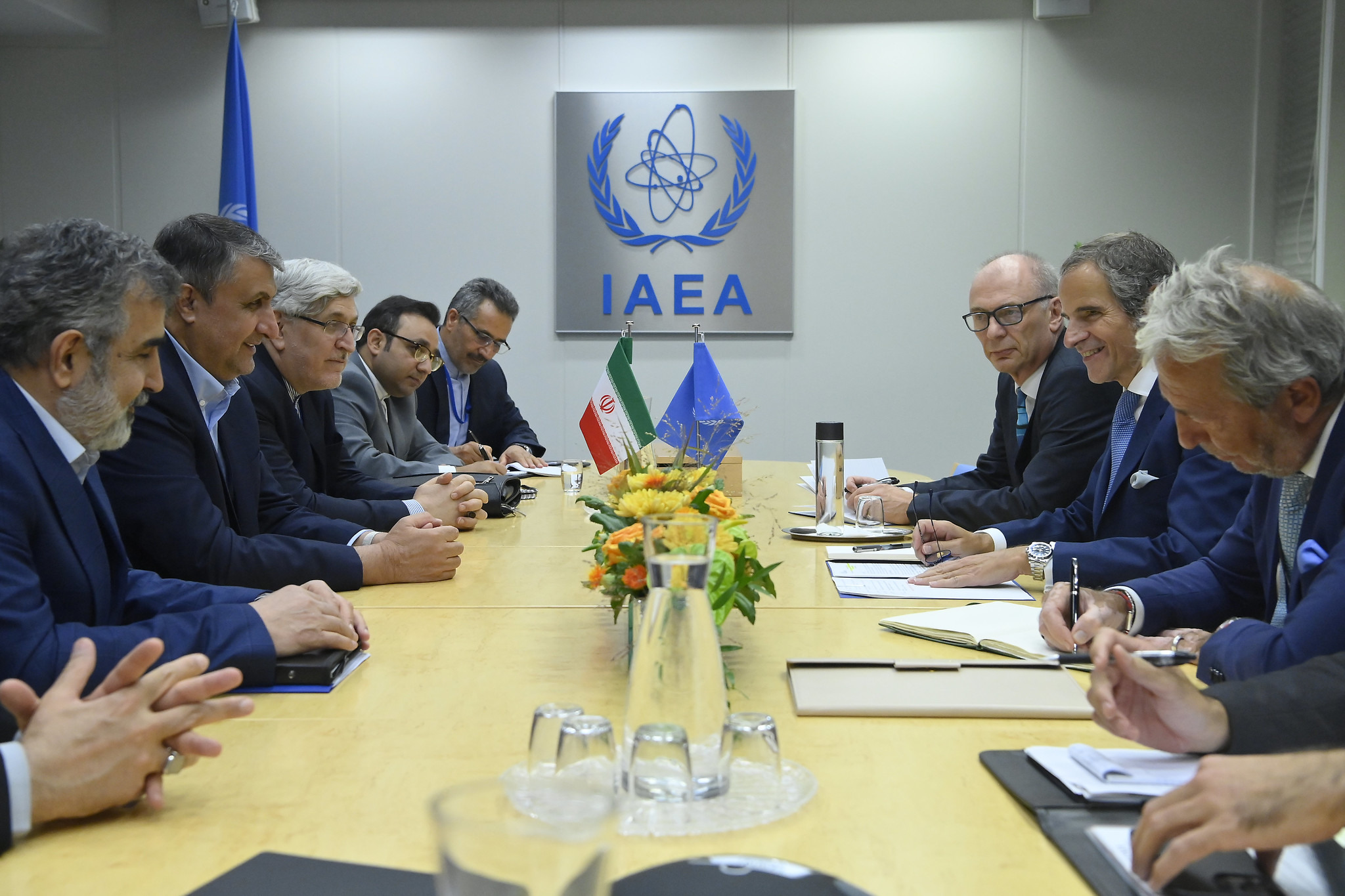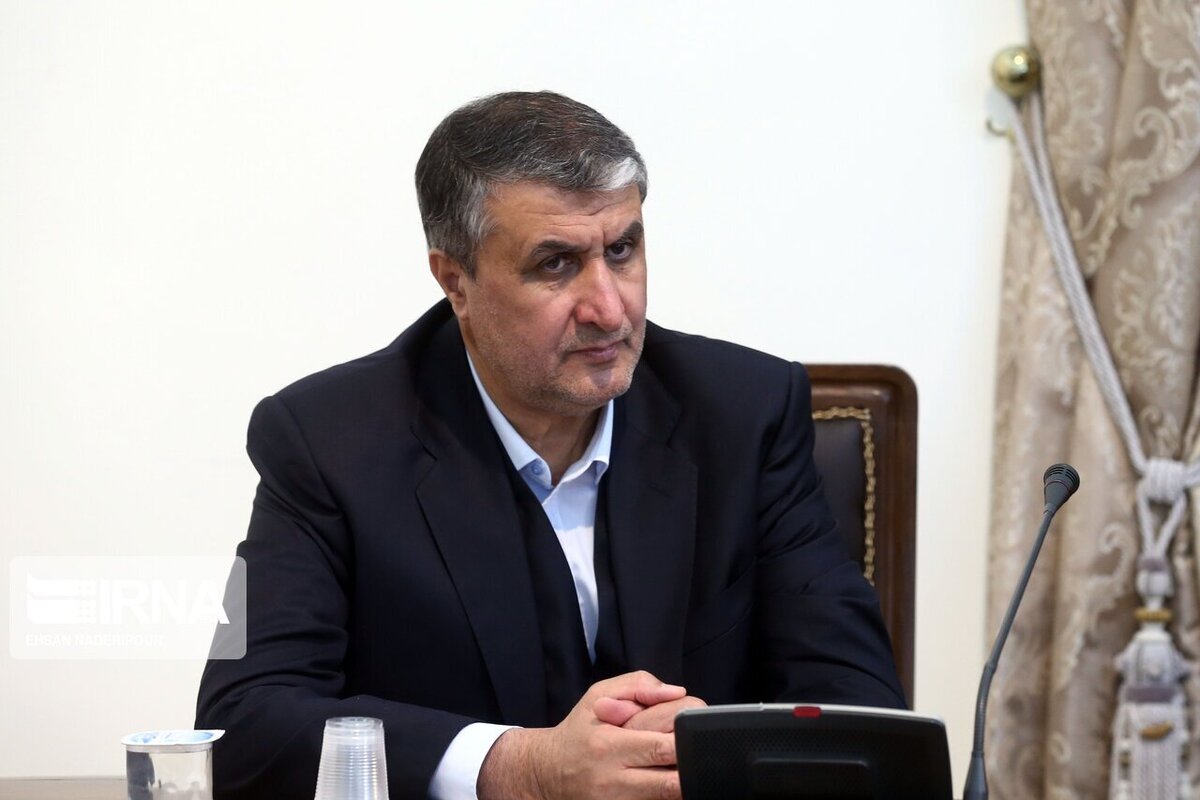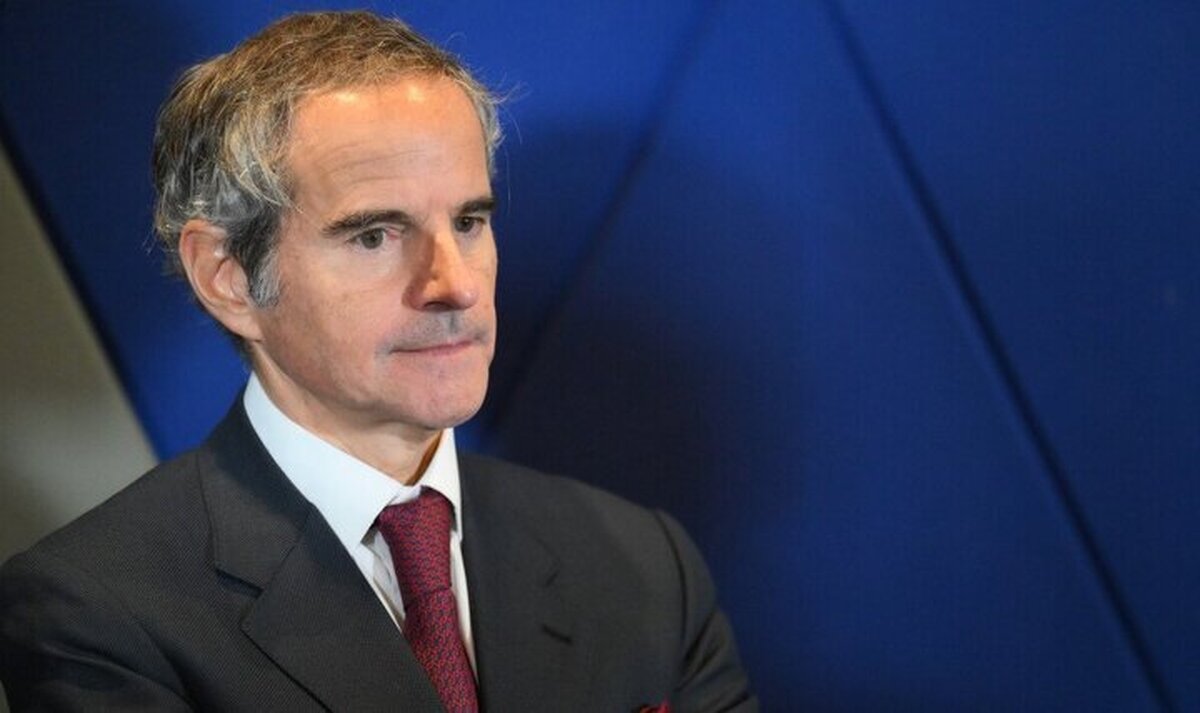
Iran-IAEA Dialogue on Outstanding Issues Restarts

EghtesadOnline: Iran and the International Atomic Energy Agency have restarted conversations on issues related to the alleged presence of uranium particles at undeclared sites in the country.
“Dialogue has restarted with #Iran on clarification of outstanding safeguards issues,” IAEA Director General Rafael Grossi tweeted, adding that he received Mohammad Eslami, head of the Atomic Energy Organization of Iran, during the 66th IAEA General Conference on Monday in Vienna, Austria.
Grossi’s tweet came after delegations from the UN nuclear watchdog and the AEOI discussed the matter in a meeting on the sidelines of the event.
The agency has raised questions about the origin and current whereabouts of nuclear material that it claims it has found at three undeclared sites in Iran in contravention of the country’s safeguards agreement under the nuclear Non-Proliferation Treaty.
Iran provided explanations based on an agreement in March, but the director general reported that the answers were not credible, making way for the passing of a resolution against the Islamic Republic by the IAEA Board of Governors in June.
Tehran later reacted by restricting the agency’s supervision beyond the framework of the safeguards agreement.
“Since June, Iran has not engaged with the Agency. Consequently, these issues have not been resolved and the Agency is not in a position to provide assurance that Iran’s nuclear program is exclusively peaceful,” Grossi said at the General Conference.
He also stressed the need for common solutions to the problems, saying they would not go away “if we don’t solve them in a collaborative fashion.”
During his address at the General Conference, Eslami reiterated that there are no undeclared nuclear material or activities in Iran and all accusations are merely based on false and fabricated information provided by Israel.
“Iran truly expects the agency to carry out its reporting, monitoring and verification in a more professional, impartial and independent manner,” he said.
He also called on the IAEA to refuse to allow certain elements to raise old allegations that had been closed in 2015 on various grounds so as to preserve its credibility and integrity.
“We believe that the agency must avoid citing baseless information from unreliable sources and … play a constructive role,” he said.
Consistency of Knowledge
Under a 2015 deal, known as the Joint Comprehensive Plan of Action, Iran and the six world powers settled all issues and allegations regarding the Islamic Republic’s nuclear program.
The landmark accord placed curbs on the country’s activities in return for the lifting of international economic sanctions and tasked the IAEA with monitoring and verification of Iran’s compliance.
The JCPOA, however, has been unravelling since the United States pulled out in 2018 and reimposed tough sanctions on Tehran, which reacted by rowing back on its commitments.
Negotiations are currently underway to work out how both sides can resume compliance, although it is facing a stalemate at present.
One of Iran’s latest countermeasure came following the IAEA resolution and involved suspending adherence with the Additional Protocol to the safeguards agreement which it had voluntarily accepted under the 2015 deal.
Grossi said the agency’s verification and monitoring of Iran’s JCPOA-related commitments have been seriously affected by these decisions.
“In the event of a full resumption of Iran’s implementation of its nuclear-related commitments under the JCPOA, the Agency will need to address the gap in its knowledge of what took place while our surveillance and monitoring equipment related to the JCPOA was not in operation,” he said.
Eslami said Iran has cooperated fully to maintain the consistency of the agency’s knowledge of its peaceful activities, an example of which was the joint statement in March about a roadmap to address safeguards issues.
“Iran’s current countermeasures, including those concerning surveillance equipment beyond the safeguards and strong verification mechanisms, will only be reversed when illegal sanctions are removed and baseless accusations about the Iran’s peaceful nuclear program are avoided,” he said, stressing that Tehran is always ready for dialogue and constructive cooperation.




